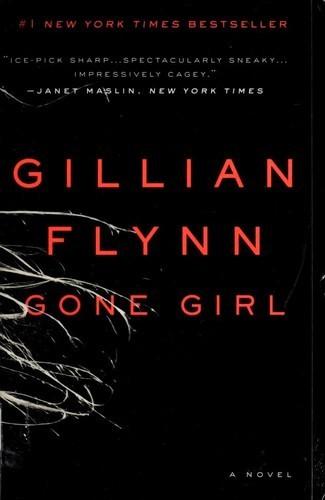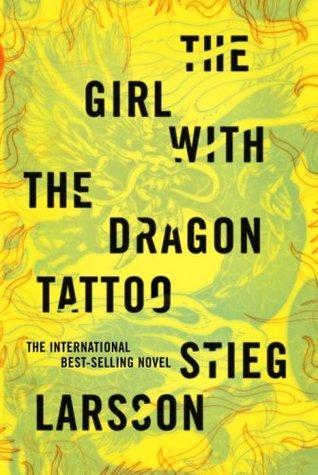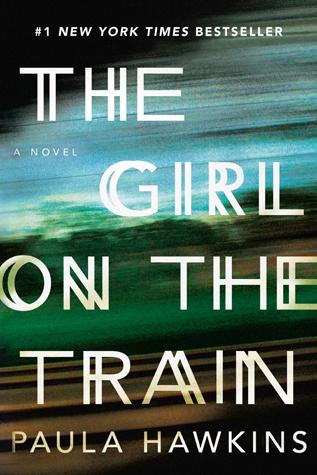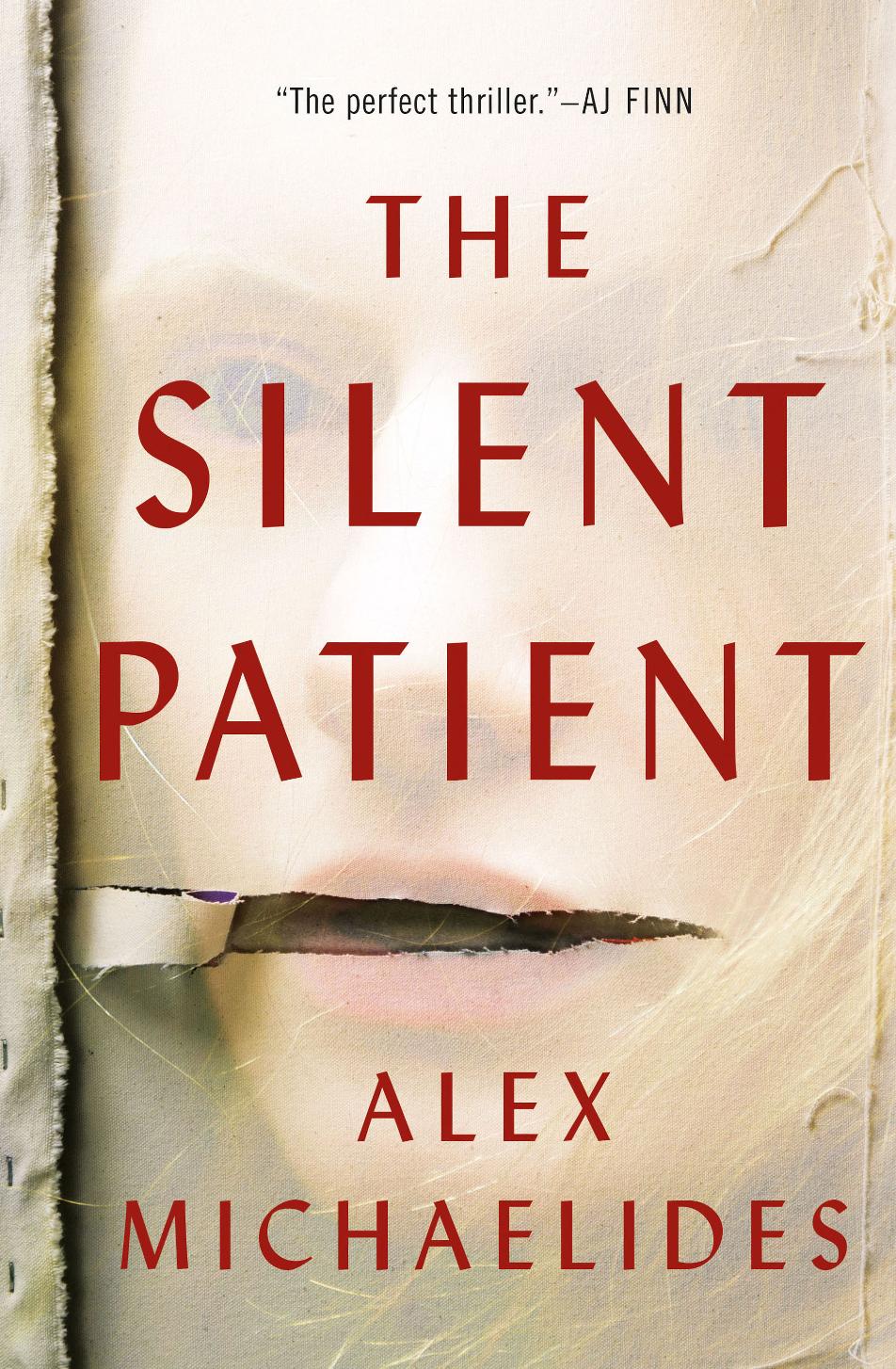
Conviction
Pages: 312
|Published: 1 Mar 2017
Description
New York City 1992: a year after riots exploded between black and Jewish neighbors in Brooklyn, a black family is brutally murdered in their Crown Heights home. A teenager is quickly convicted, and the justice system moves on.
Twenty-two years later, journalist Rebekah Roberts gets a letter: I didn't do it. Frustrated with her work at the city’s sleaziest tabloid, Rebekah starts to dig. But witnesses are missing, memories faded, and almost no one wants to talk about that grim, violent time in New York City—not even Saul Katz, a former NYPD cop and her source in Brooklyn’s insular Hasidic community.
So she goes it alone. And as she gets closer to the truth of that night, Rebekah finds herself in the path of a killer with two decades of secrets to protect.
From the author of the Edgar-nominated Invisible City comes another timely thriller that illuminates society’s darkest corners. Told in part through the eyes of a jittery eyewitness and the massacre’s sole survivor, Julia Dahl's Conviction examines the power—and cost—of community, loyalty, and denial.
Twenty-two years later, journalist Rebekah Roberts gets a letter: I didn't do it. Frustrated with her work at the city’s sleaziest tabloid, Rebekah starts to dig. But witnesses are missing, memories faded, and almost no one wants to talk about that grim, violent time in New York City—not even Saul Katz, a former NYPD cop and her source in Brooklyn’s insular Hasidic community.
So she goes it alone. And as she gets closer to the truth of that night, Rebekah finds herself in the path of a killer with two decades of secrets to protect.
From the author of the Edgar-nominated Invisible City comes another timely thriller that illuminates society’s darkest corners. Told in part through the eyes of a jittery eyewitness and the massacre’s sole survivor, Julia Dahl's Conviction examines the power—and cost—of community, loyalty, and denial.








